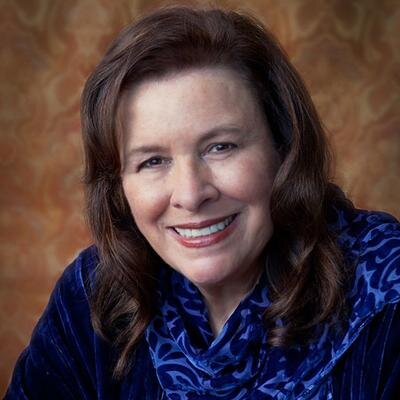Social Artistry: A New Leadership Paradigm
Out beyond the ideas of right-doing and wrongdoing, there is a field. I will meet you there.
—Rumi
Cultural Animators: A multi-disciplinary exploration of life in homeless shelters, conceived by Kaya Calhoun
Earlier this week Greg and I participated in a webinar about Transformative Leadership. The session of the online course, Igniting Collective Imagination, featured scholar, philosopher, researcher, and author, Dr. Jean Houston. Jean guided us onto a new landscape of social artistry as leadership.
I was immediately transported back to my Riverside Theater days when my challenge was to present artistic work that unwrapped and exposed the societal ills of our day. The Cultural Animators Series was inspired by Augusto Boal’s Theater of the Oppressed; Transcending Race brought dance, drama, and poetry to illumine what continues to be a deep societal blight; and a collaboration with Thirteen WNET separated audience members into black-only and white-only seating for a screening of The Rise and Fall of Jim Crow.
Art continues to be our barometer for meaning, unlocking the complexities of human existence, opening channels for dialogue and understanding. Art is a universal language, with diverse ways of expression.
We must begin to help people, citizens and leaders alike, to bring new mind to bear upon social change. In this way it is hoped that we can rise to the challenge of our times and ferry ourselves across the dangerous abyss that separates a dying era from a 'borning' one.
– Jean Houston
Dr. Jean Houston
Social Artistry as Leadership
Jean Houston says that many problems in societies today stem from leadership ill-prepared to deal with present complexities. She believes that it’s more than inadequate training: a lack of human resourcefulness has leaders operating from a limited field of awareness. The gravity of the moment requires greater and wiser use of their capacities.
“Social Artistry™ is the art of enhancing human capacities in the light of social complexity,” she says. “It seeks to bring new ways of thinking, being and doing to social challenges in the world.” As leaders in many fields, Social Artists engage with depth of passion and skills an artist brings to his or her art form to the canvas of our social reality.
Houston has trained leaders in countries and organizations around the world with the vision of a society based on the principles of democracy, sustainable development, human-based needs and values, universal human rights, environmental protection, social justice, equality, and the sovereignty and dignity of all peoples worldwide.
The work of Social Artistry™ strives to provide a dynamic balance between inner understanding and outward expression to enable the same “focus, perspective, skill training, tireless dedication and fresh vision of the artist to the social arena.”
Houston says that the Social Artist leader:
Is able to see trends and the emergence of new patterns out of apparent chaos.
Is a “Contemplative Creator” who helps remove obstacles that prevent people from being all they can be, so they can realize their potential.
Serves the world by listening to the ideas, needs, aspirations and wishes of others.
Seeks innovative solutions to troubling conditions.
Is a lifelong learner—hungry for insights, skills, imaginative ideas, and deeper understanding of present-day issues.
Acquires the tools to help people work in collaborative networks, moving beyond hierarchies and old power structures
Observes and honor cultural differences
Using story, art, and metaphor to frame a complex array of processes and techniques, Social Artistry™ affirms our natural access to capacities such as thinking with many different frames of mind—visual, verbal, kinesthetic, interpersonal, subjective, intuitive, and logical-mathematical. This includes capacities that improve the physical use of the body to enhance memory, writing, creative expression, problem solving.
In this moment of upheaval and uncertainty, the field that Rumi refers to at the beginning of this post could be the fertile ground upon which Social Artist leaders “Re-pattern Human Nature” by utilizing dormant capacities; ignite the “Re-genesis of Society” towards new ways of being in community with each other; and welcome the “Breakdown of the Membrane” of old barriers and fears to create a new collective destiny.
System change is based on individual change and transformation. Moving from an ego-system to an eco-system paves the way to transform the broken political, judicial, educational, governance, and healthcare systems into new paradigms.
Let’s take a moment to ponder a question posed during a Humanity Rising webinar:
What is the most daring, courageous, beautiful thing I can believe to transform our world?



